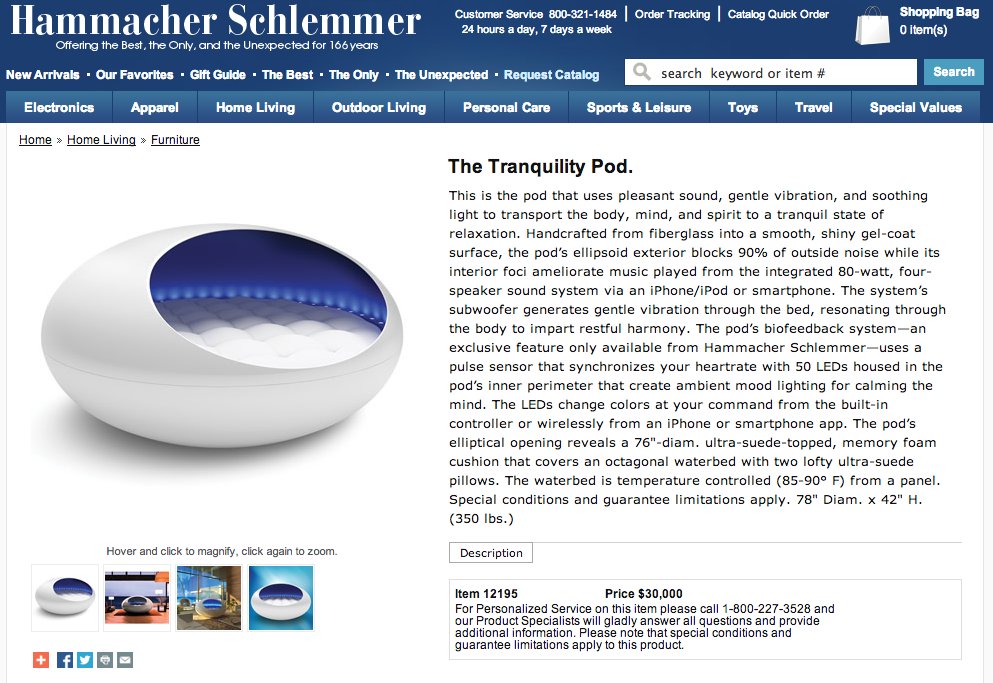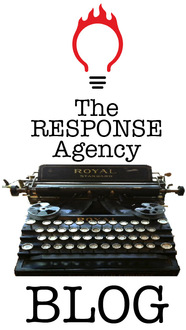Ethical selling vs. not-so-ethical selling
Marketing is the process of matching needs or wants with products or services.
Ethical selling aligns people with what they’re looking for and builds a strong economy in the process.
Not all selling is ethical. Browbeating, misrepresenting, out-and-out lying, and various forms of manipulation are all too common. Consider: sellers of big ticket items who con the inexperienced into spending more than needful or wise; salespeople who guilt, shame, or harass the timid; flimflammers like Kevin Trudeau; and even your garden variety TV evangelist.
It gets murky when the public demands what’s legal but harmful, such as tobacco products, or what’s legal but doesn’t perform as claimed, such as most MLMs, so-called alternative “medicines” or “therapies,” psychic hotlines, software purporting to predict stock prices ... the list goes on.
Another murky area is organic and natural foods. Though the products are not typically harmful, their marketing tends to depend on the naturalistic fallacy. Indeed, natural products marketers who do not capitalize on it are pretty much doomed to fail.
A marketer with a conscience will end up declining a lot of opportunities to make money.
—Thanks to master of financial consulting wizardry Greg Sagers for prompting this post





 RSS Feed
RSS Feed



